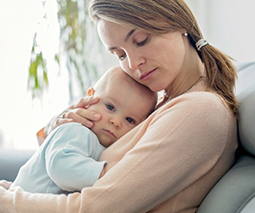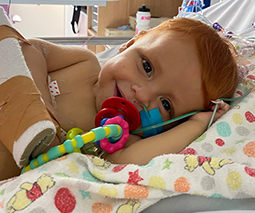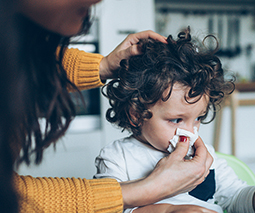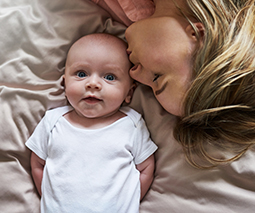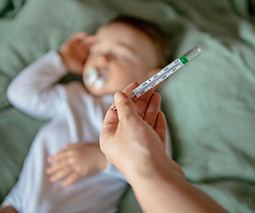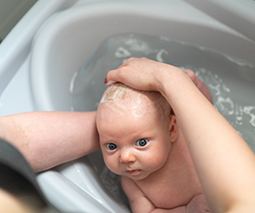7 things you need to know about fevers in babies
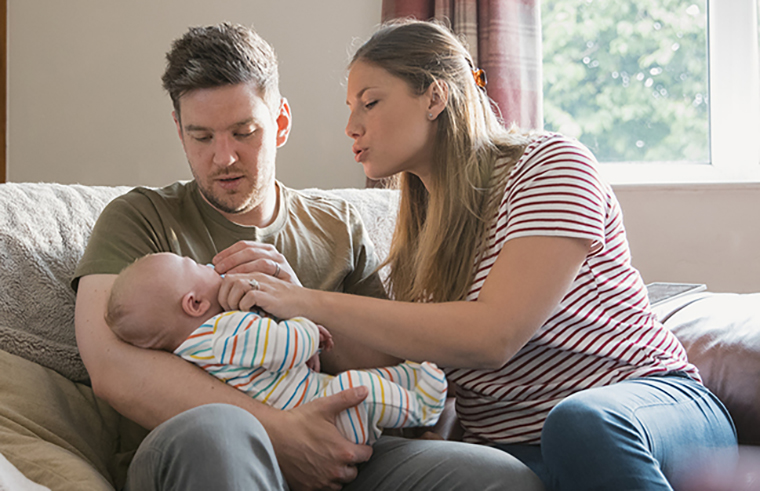
A fever is a way for the body to fight illness or to signal that something may be wrong. When it occurs in babies though, it can be difficult to understand and is often a cause of worry to mums and dads.
Here are seven things you need to know about fevers in little ones, so you can know better what you are dealing with:
1. It’s considered a fever when …
Most babies have an average body temperature of around 36.5°C to 38°C.
When your baby’s temperature rises to above 38°C, however, you can usually blame a fever.
A fever may come on very quickly or gradually and it can last a few days.
2. A fever is not the cause of your baby’s illness
While a fever can ring the alarm bells that your baby is sick, it isn’t the cause of her illness. Rather, a fever can often be a symptom of illness and is the body’s natural way of fighting off an infection.
It doesn’t necessarily mean that your baby has a serious illness.
3. Common causes of fevers in babies
While infection is the usual culprit for the cause of your baby’s high temperature, overheating can also be a cause. A high temperature which is the result of bub being too rugged up is easy to treat, as simply reducing her layers will bring her body heat down.
If your baby is unwell though, she could be fighting an infection. This could be viral, such as the common cold or a gastro bug her brother brought home from kindy, or bacterial and may require medical intervention.
You may also notice that your baby sports a fever after having immunisation shots. This is not unheard of as her little body is in fight mode after the vaccination.
4. Teething does not cause fevers
Despite what your mother may tell you, teething is NOT the cause of your baby’s fever.
That said, many parents swear their babies always teeth with a fever. What might actually be happening is that their little loves are cutting new teeth while also fighting a bug.
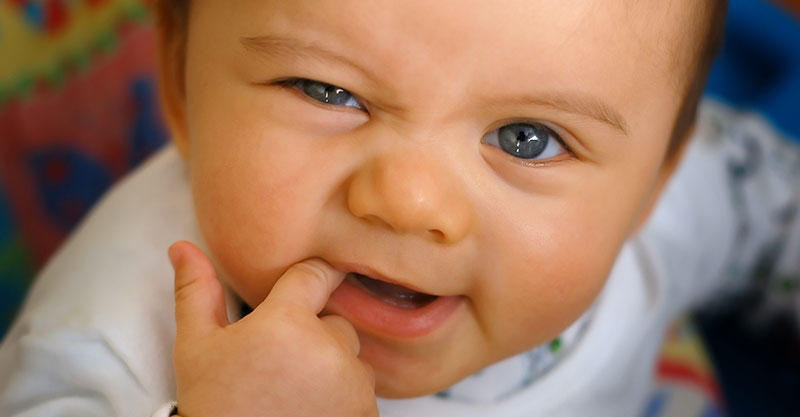
5. How to check for fever
It’s important to know when a temperature has crossed the line into fever territory, if only so you can know if our baby’s grizzly behaviour is a sign of illness, or something else – and also if you should be taking action and treating it. This is why a trustworthy thermometer should be a key item of your medical kit.
There are a few different ones on the market, but a good quality forehead scanner or ear thermometer will accurately measure your baby’s internal body heat in seconds.
We particularly love the Braun ThermoScan 7 ear thermometer that’s gentle for infants. It’s colour coded for easy interpretation – green for no fever, yellow for moderate fever, red for high fever – easy! It will also notify you that you have it in the right position and comes with a clever ‘age smart’ technology. This accounts for the fact that the definition of a fever in a newborn isn’t the same for older little ones. You simply select your baby’s age bracket and get the most accurate reading.
Feeling your baby’s forehead is not a reliable way of measuring her temperature.
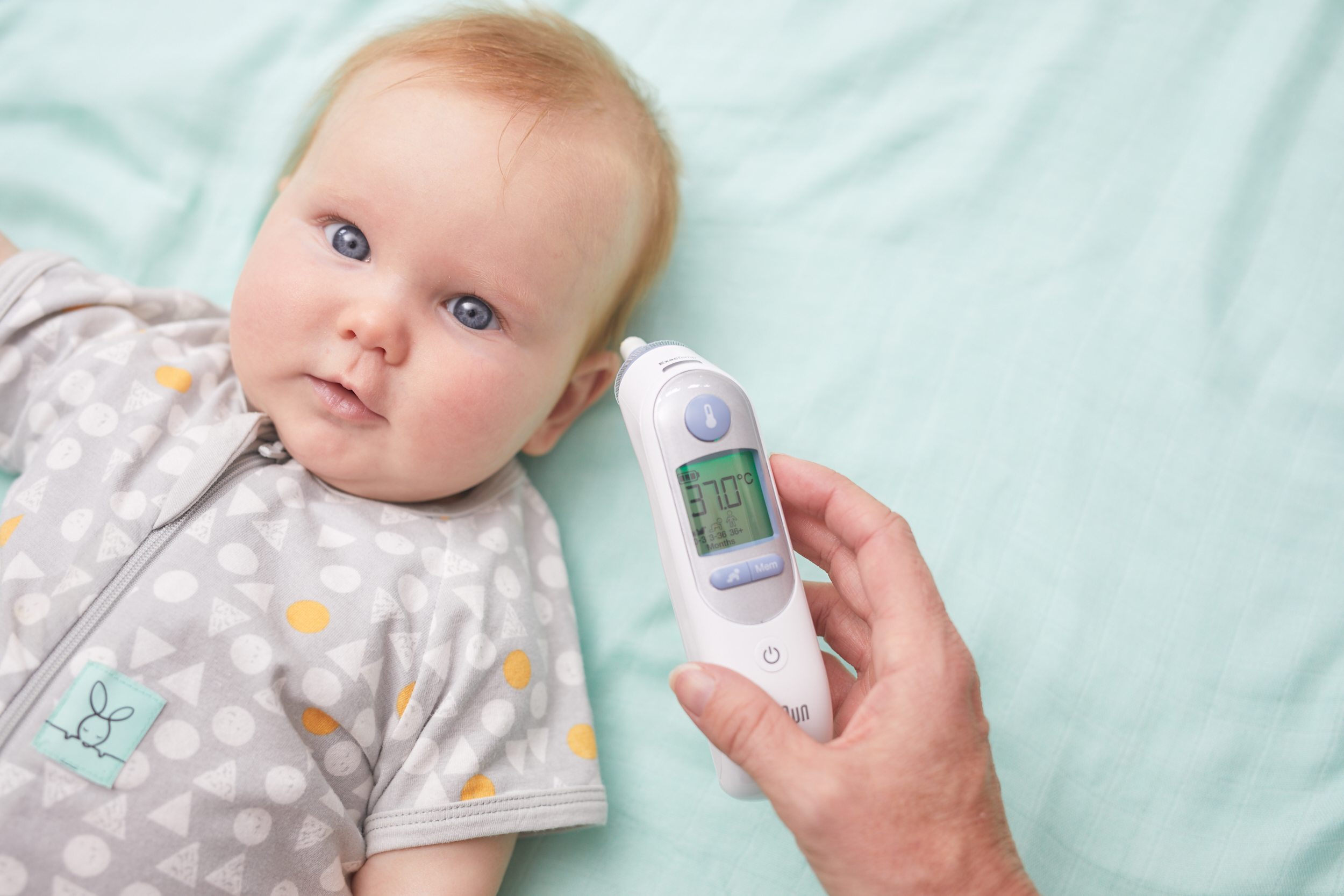
6. Fevers in babies under three months old are a concern
If your baby is less than three months old, a high temperature (38°C or above) can be a cause of concern and you should see your doctor immediately. This is because a fever in a baby so young could be a sign of a serious illness.
You should also still take your baby to the doctor if she has a fever and is aged three to 12 months old.
7. How to treat a fever
If your little one is older than three months, you can treat a fever at home by:
- Giving younger babies more frequent milk feeds (breast or bottle) and offering older babies more water drinks
- Miserable little ones who are showing signs of distress may get some relief from paracetamol or ibuprofen (if they are older than three months). However, The Australian College of Nursing advises against routinely giving medicines to bring down a fever in children who are not bothered by it.
Note: Doctors no longer recommend a cool washer or fanning your baby to bring her temperature down.
This is a sponsored post for Braun.
